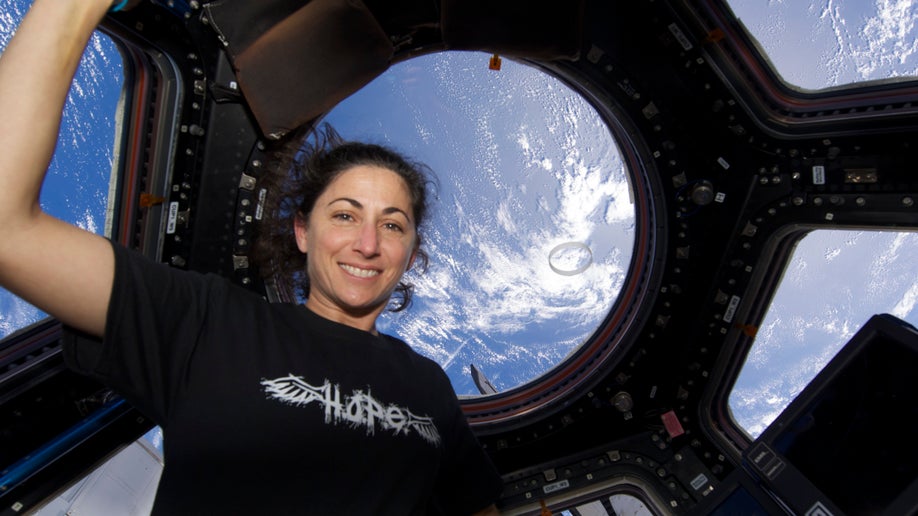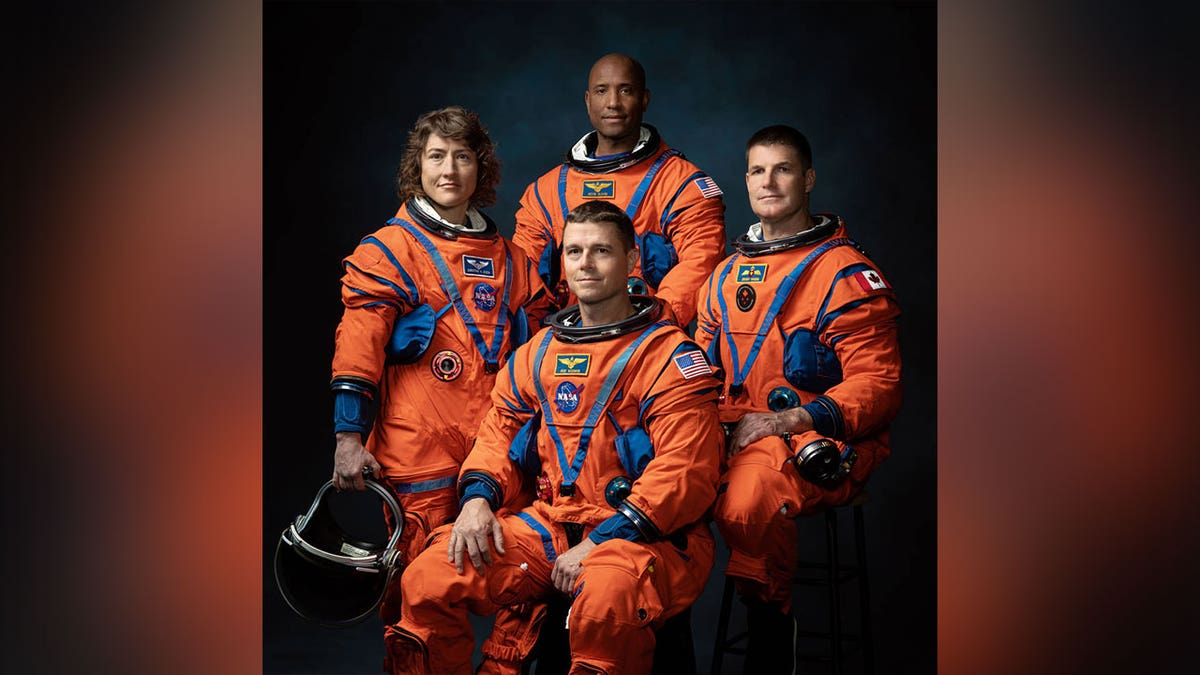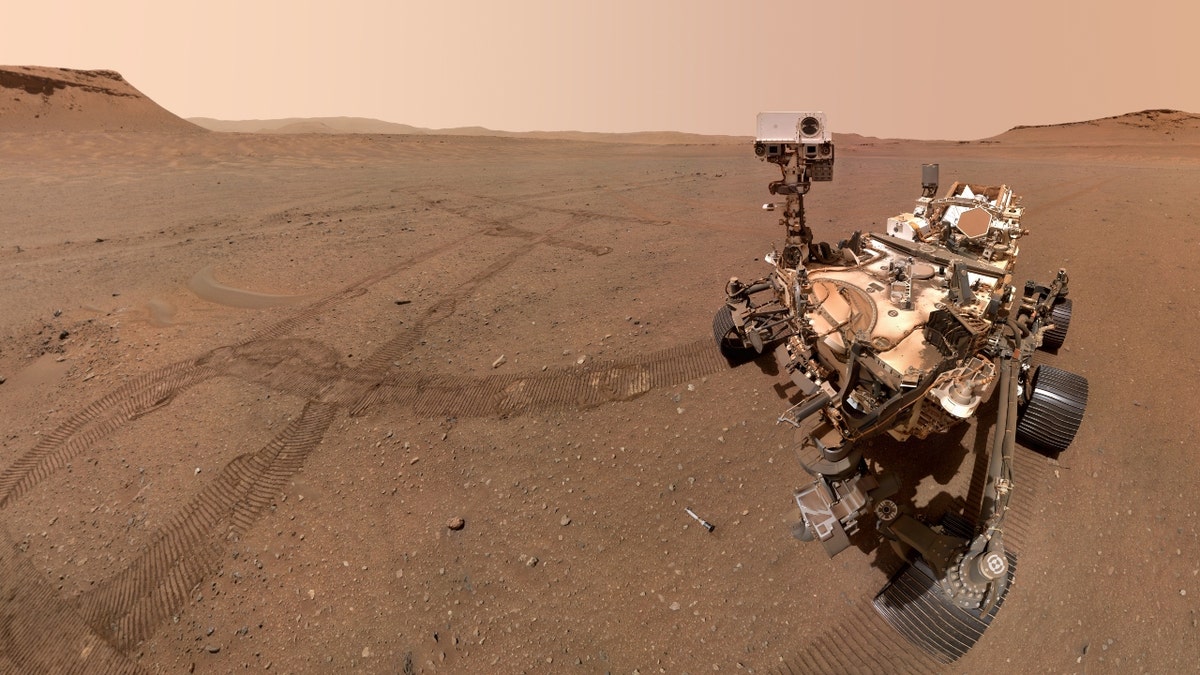Former NASA astronaut Nicole Stott emphasizes the crucial role of the United States in spearheading the space industry, underscoring the significance of international partnerships and the profound impact of space exploration on life on Earth. Stott, with over two decades of experience at NASA, including time on the International Space Station, envisions space as the future of humanity, both within and beyond our planet. She believes that becoming a multi-planetary species transcends simply reaching Mars; it involves venturing beyond our solar system.
The Artemis program, a collaborative international effort, aims to establish a sustainable presence on the Moon and subsequently utilize the knowledge gained to send astronauts to Mars. Stott highlights the importance of peaceful, collaborative partnerships in this endeavor, emphasizing the US's leadership in fostering such collaborations. Her experience on the International Space Station, where a diverse crew representing 15 nations worked together, exemplifies the power of cross-border cooperation in space.

Retired Astronaut Nicole Stott orbits Earth while working inside the International Space Station in 2011. (Credits: NASA)

Astronaut Nicole Stott examines a floating water droplet aboard the International Space Station in 2011. (Credits: NASA)

"Space Sisters" attend Aim Higher London. (Credits: Aim Higher London)
Stott stresses the vital role of public-private partnerships, citing collaborations with companies like SpaceX, Sierra Nevada Corporation, and Boeing as crucial for driving innovation and technological advancements that benefit life on Earth. She believes that leveraging these partnerships is essential for maintaining the US's leadership position in space.
Furthermore, Stott emphasizes the importance of developing space technology to address current challenges on Earth. From advancements in understanding human physiology to the creation of technologies like GPS and memory foam, space exploration has yielded numerous benefits for our daily lives.

The crew of NASA’s Artemis II mission. (NASA)
Stott also highlights the contributions of non-profit organizations like Space for a Better World and initiatives such as Aim Higher in inspiring the next generation and promoting space exploration. An upcoming Aim Higher event in Romania, an Artemis Accords signatory, aims to foster US-Romania relations and encourage global participation in space exploration.

NASA's Perseverance Mars rover captures a selfie. (NASA/JPL-Caltech/MSSS)
Ultimately, Stott believes that all space endeavors aim to improve life on Earth and that the US has a responsibility to lead this global effort.
Comments(0)
Top Comments